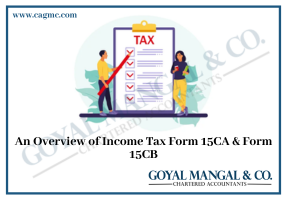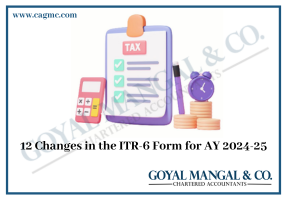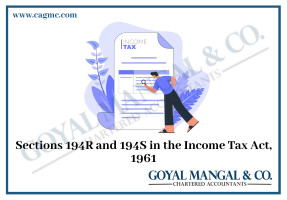| Content
What are the pros of intraday trading? What are the cons of intraday trading? |
What is intra-day trading?
Intraday trading is that type of trading where buying and selling takes place within a day, and all the stocks are squared off before the market closes. The intraday is different trading from regular trading by way of time of delivery of shares. We can say that Day trading is speculation in securities, specifically buying and selling financial instruments within the same trading day. In regular trading the settlement takes place over a period of time while in intraday trading settlement of stocks is finished on the same day.

What are the pros of intraday trading?
- Positions are unaffected by risk from overnight news or off- hours broker moves.
- Regular traders have access to increased leverage.
- Tight stop- loss orders can protect positions.
- Numerous trades increase hands on learning experience.
What are the cons of intraday trading?
- Some assets are off- limits, like mutual funds.
- Frequent trades mean multiple commission costs.
- Losses can mount quickly, especially if margin is used to finance purchases.
- There may not be sufficient time for a position to realize a profit before it has to be closed out.
What are the strategies for intraday trading?
The various strategies that a trader can use while trading are as follows:
- Scalping:
Scalping is a strategy which attempts to make numerous small profits on small price changes throughout the day. - Range trading:
Range trading is a strategy which primarily uses support or resistance levels to determine their buy and sell decisions. - News- based trading:
New- based trading is a strategy which typically seizes or restricts the trading opportunities from the heightened volatility around news events. - High- frequency trading strategies:
High- frequency trading strategies is that type of strategy which uses sophisticated algorithms to exploit small or short- term market inefficiencies.
Taxation of gains and losses from intraday trading
Income from intraday trading comes under the Speculative business income under the head of business income. It is taxed as per the normal slab rate of the person and the expenses related to this such as internet charges, telephone charges, broker’s commission and demat account charges are allowed as a deduction as business expenses. The loss from speculative business can be carried forward for four years.
Individuals are required to file ITR-3 for reporting the incomes and losses from intraday trading.







